2023 Taipei International Book Fair" unleash the power of translators! Lin Weiyun talks about the 10-year long-distance promotion of Polish books in Taiwan
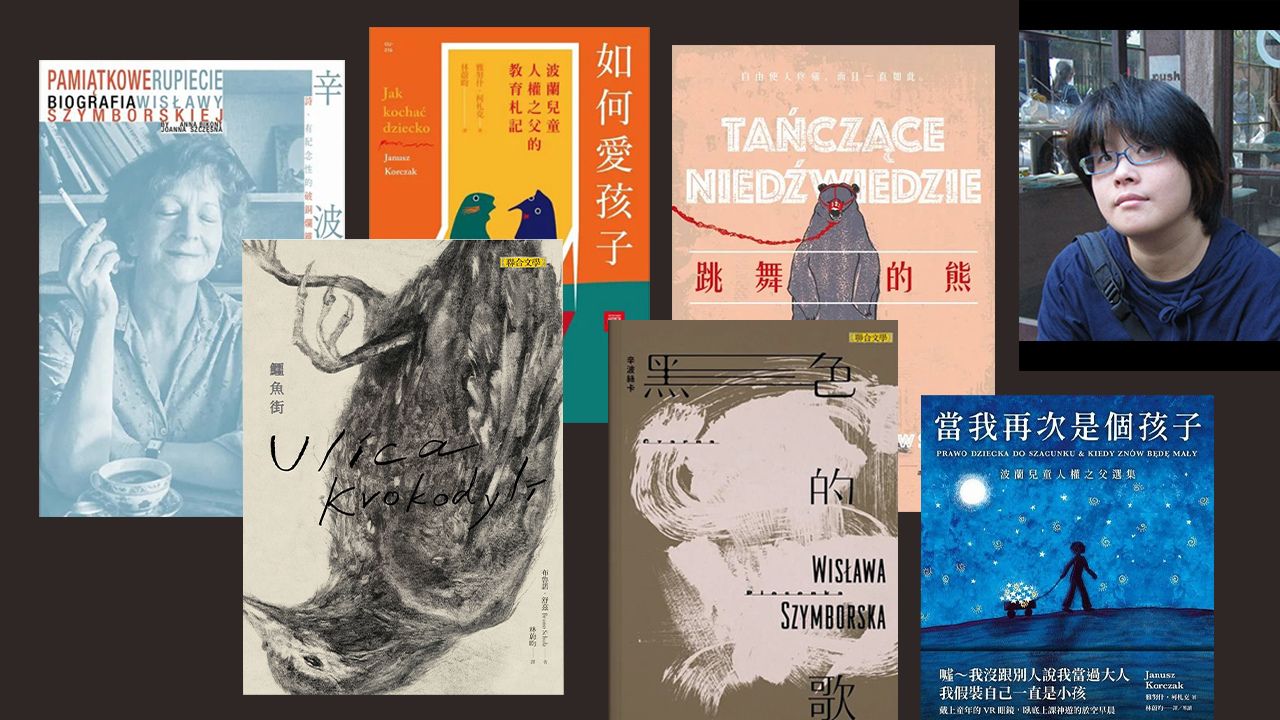
Writer and translator Lin Weiyun has translated 25 Polish literature works for Taiwan in 12 years, and has independently recommended as many as 15 Polish titles to publishing houses. In addition, she has also extensively participated in the compilation and promotion of Polish works, and even assisted domestic publishing houses in negotiating copyright contracts. She can be said to be the first person in Taiwan's publishing industry to work hard to promote Polish literature. Lin Weiyun was recently invited by the Polish Book Association (Instytut Książki, The Polish Book Institute) and the Department of Slavic Languages of National Chengchi University to give an online lecture on "Burdock and Raspberry: How to Translate/Translate Polish Literature", sharing her experience in promoting Polish publications over the years . This article is a summary of the speech, edited by the author and the editorial department of Openbook. On the second day of the book fair, I will share it with readers who are interested in being a translator and who are interested in Polish literature. Let's read together!
➤Translation is to create a space where foreign and local meet
What is Literary Translation? If you had to describe it with one thing, what would you use as a metaphor? Before publishing my answer, I want to use one word to talk about cultural differences in translation: kamienica.
Kamienica is a building built in Europe in the Middle Ages to solve the problem of urban expansion and large population migration. There are many apartments in a house, and most of them are old enough to have no central heating. How can such a house be translated into Chinese familiar to Taiwanese readers? Multi-room apartment? old apartment? Just talking about "old houses", there are too many things that Taiwan can correspond to. The most similar to kamienica is the Buden apartment built in the 1960s and 1970s. But Budden Apartments can't fully translate the characteristics of Kamienica either. Perhaps it can be introduced like this: it has the function of a Budeng apartment, looks like a street house on Dihua Street, and an old house with a longer history than Japanese-style old houses or Li's house.
Back to What is translation? I would say that translation is about building connections and bridges where foreign and local meet. Instead of maintaining strangeness or completely localizing, a space is created where the two meet. Words are not just words, the key is whether readers can feel familiar, friendly and resonant through translation. Here, I would like to explain my translation using my experience of promoting "Crocodile Street" as an example.
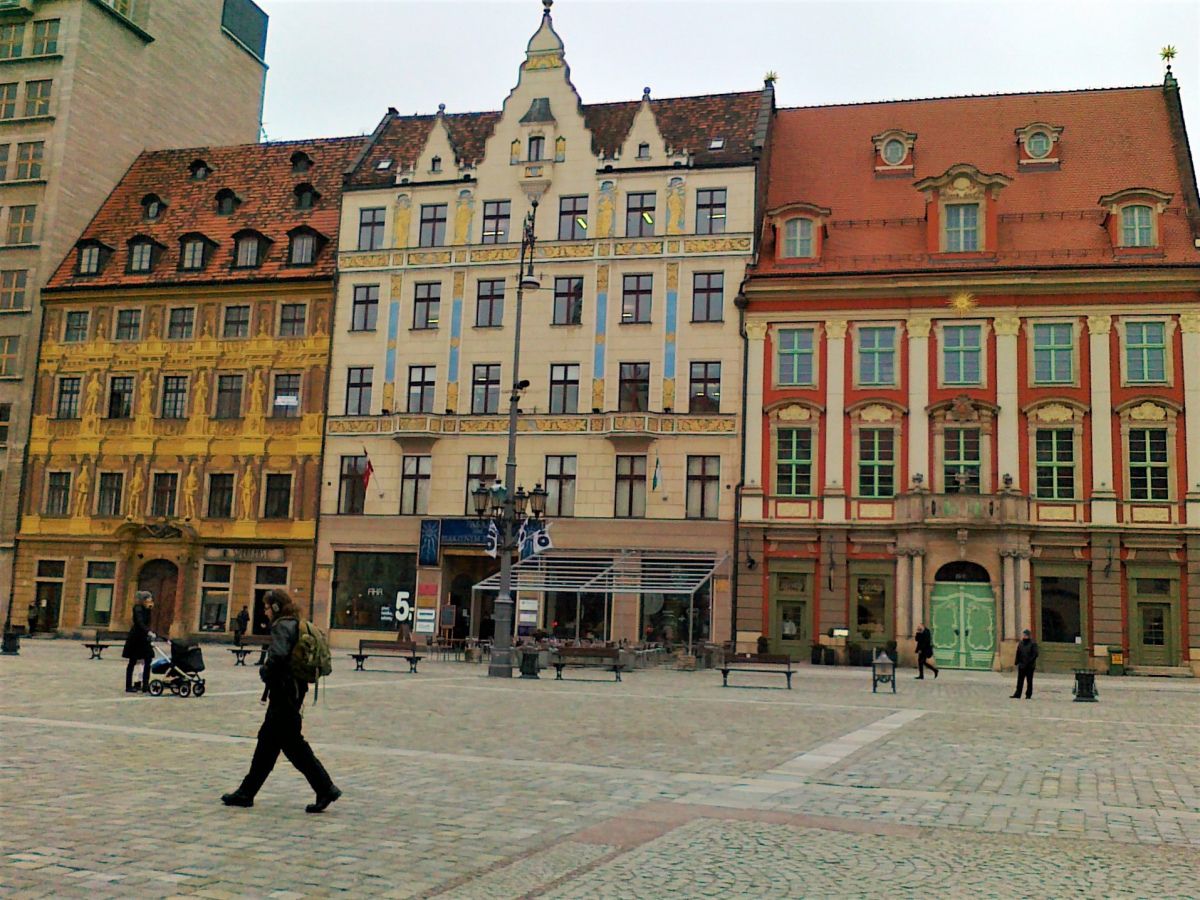
➤Crossing the Cultural Gap of Taibo: Bruno . Burdock and Raspberry by Schultz
Bruno. Bruno Schulz (Bruno Schulz, 1892 - 1942) was a Polish Jew. His two books, "The Cinnamon Shop" (that is, "Crocodile Street") and "The Sanatorium Under the Hourglass", were as famous as Franz Kafka and Proust, and became the author of the 20th century. One of Poland's greatest writers.
The title of the traditional Chinese version of "Crocodile Street" comes from the short story of the same name, and the original title is "Cinnamon Shop" ( Sklepy cynamonowe ). Poles have feelings for cinnamon, but Taiwanese may not. Fortunately, the English editor of this book renamed it Crocodile Street. I only ordered this book when I lived in the UK, and I was moved to Poland only after reading it.
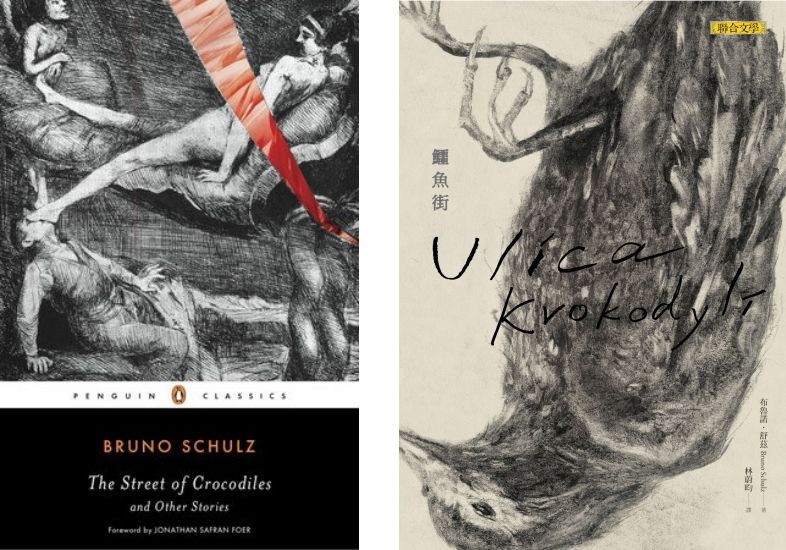
When I started translating "Crocodile Street", I once asked my husband to buy a set of 11 dictionaries from a second-hand bookstore in Krakow. This set of dictionaries is called Słownik języka polskiego pod red. W. Doroszewskiego , which contains many ancient words. The owner of the old bookstore is called Edward. Edward Śmiłek, he clapped his hands on the table and asked my husband, "Sir, what are you doing with this?" My husband said, "My wife wants to translate Schulz." The boss just smiled, Said: "Can readers in Taiwan understand Schulz?" The boss said this because he was expecting and afraid of being hurt, because he was also a Schulz fan. But I was a little unhappy when I heard it. I felt that no matter how unpopular literature Taiwanese readers can read, don’t underestimate Taiwanese readers! But I also began to worry a little, is Schulz really so universal? I was moved by Schultz, but what about other readers?
Schulz's works resonate with me, but I still feel cultural barriers, such as:
"On that shoulder August's scruffy, exuberant female life flourished, growing a fat burdock that dominated the area with its hairy, gigantic leaves and thick, lush green tongue. Those burdocks seemed to have The women with breasts and fat buttocks spread out their skirts and sat on the ground, even their own bodies were almost swallowed by these crazy, huge skirts."
I have to admit, the first time I saw this text, I thought, "Huh? What is he talking about?" Because I imagined burdock, it should be burdock salad, or burdock in sukiyaki. I was confused, so I asked my husband Pawel Gu. My husband said: Because burdock is not eaten in Poland, it is a weed. I had never seen burdock in the form of a weed, so he started a burdock hunting trip in Krakow and went to Ukraine to help me photograph burdock. When I saw this piece of burdock, I thought to myself, ah, this is like a aunt's taro... If someone tells me that a burdock is like a aunt's taro, it will be easy to understand.
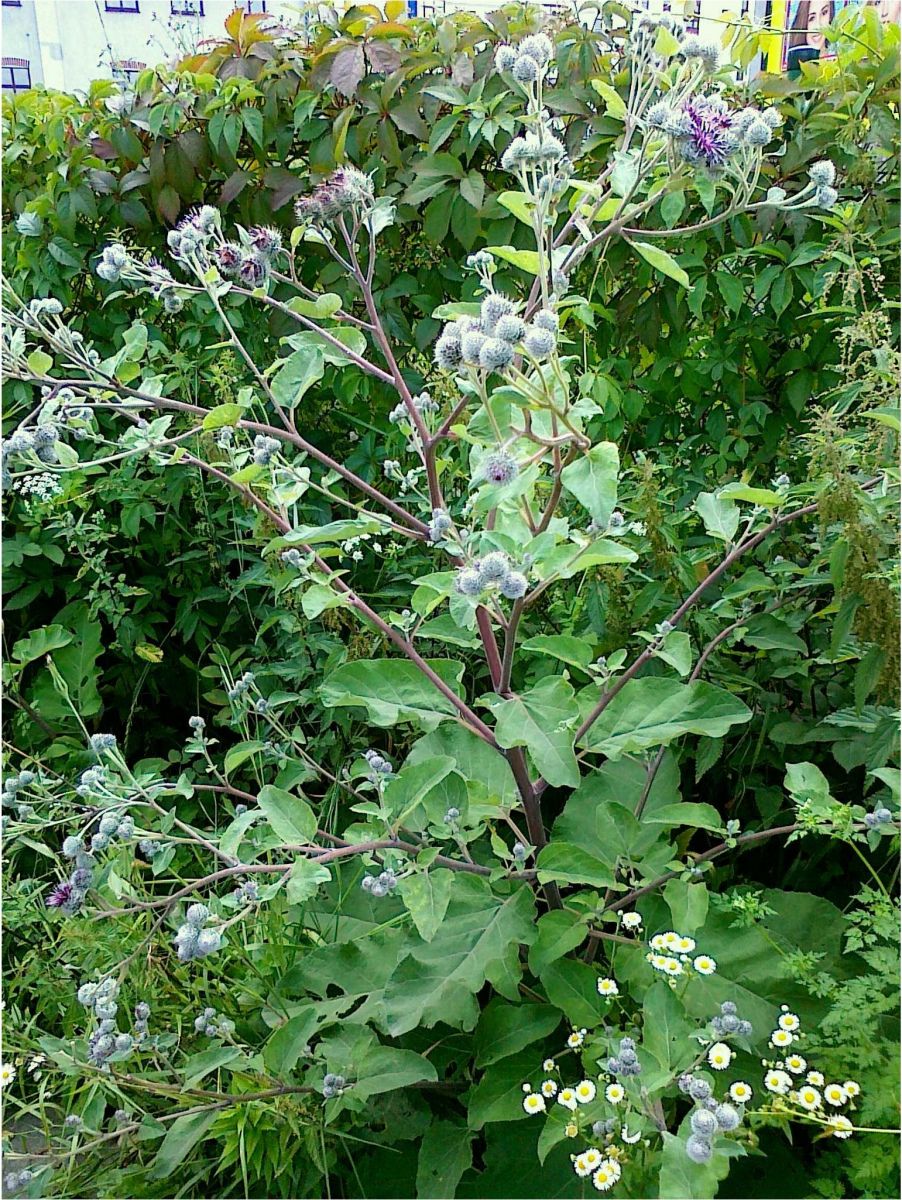
Another thing that alienates me is raspberry juice. In his novel, Schulz states that raspberry juice is available in drugstores as a "thick, noble fluid." When I first saw it, I hadn't been to Poland and hadn't had raspberry juice. I imagine that since it is sold in pharmacies, it may be a kind of cold syrup, but isn't cold syrup bad to drink? Why do people usually drink it?
Then I went to Poland, and I finally knew: oh, raspberry juice is a juice made from raspberries sweetened and allowed to drain naturally, a little viscous, but not too viscous. The Poles regard raspberry juice as a kind of folk remedy. When they catch a cold and are about to catch a cold, they add it to hot tea and drink it to avoid the cold. At this time, I suddenly realized: the Polish raspberry juice is like our Chuanbei loquat paste! Understood in this way, distant raspberry juice becomes intimate.
How to convey this intimacy to readers? In addition to supplementing the book "Crocodile Street" with annotations, I also held a small art festival in Taipei. In order to let Taiwanese readers taste raspberry juice, I sent 3 bottles from Poland, which were exhibited in the Meiya coffee cafeteria in Bosnia and Herzegovina (now Rebirth). It was originally intended for everyone to drink with tea or beer, but it leaked during the delivery process, so I had to change it for viewing.
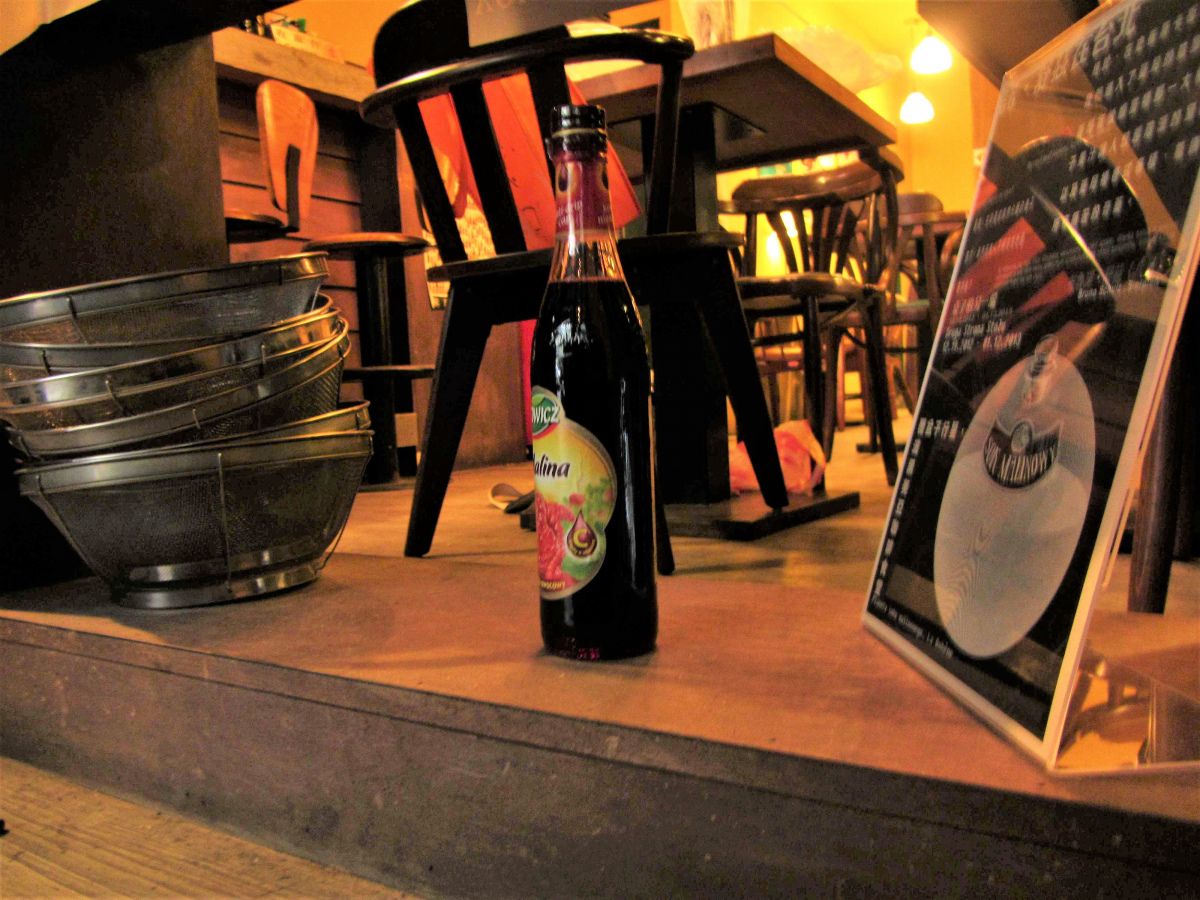
I hold a small art festival with the theme of Schultz, including: exhibitions, lectures, performance art. I set up a fanzhuan and spent a month writing books on it every day. This book was published in United Literature at the time, so "United Literature" magazine also enthusiastically invited me to be the guest editor, and planned a 50-page special topic to let readers see the importance of Schulz and how he touched readers all over the world.
For the exhibition content, I found 7 themes of raspberry juice, hand organ, bird, doll, women's shoes, old objects, and stamps, and found 7 independent bookstores in Taipei to hold the exhibition, just like the seven planets of Schulz descended in Taipei. At that time, Eslite held lectures, and the posters of the lectures had a Milky Way, which looked like a fresh water river.
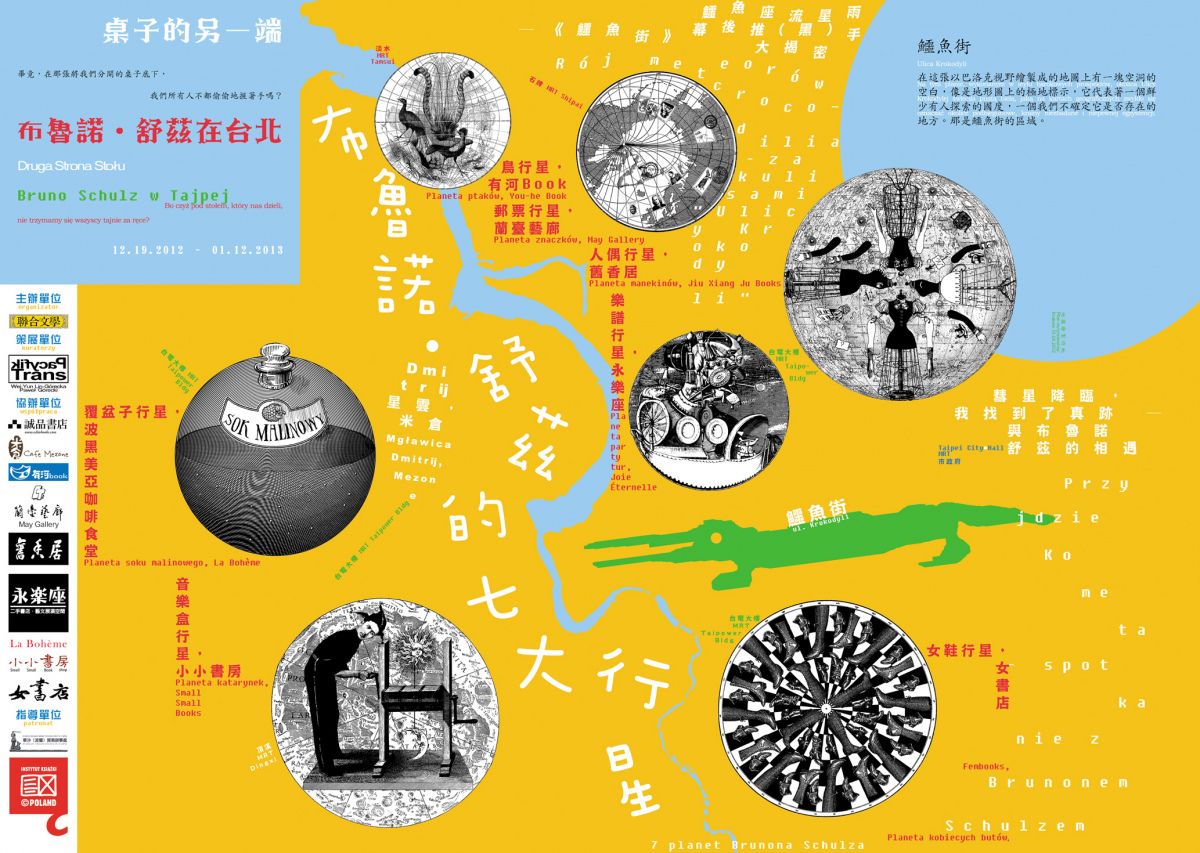
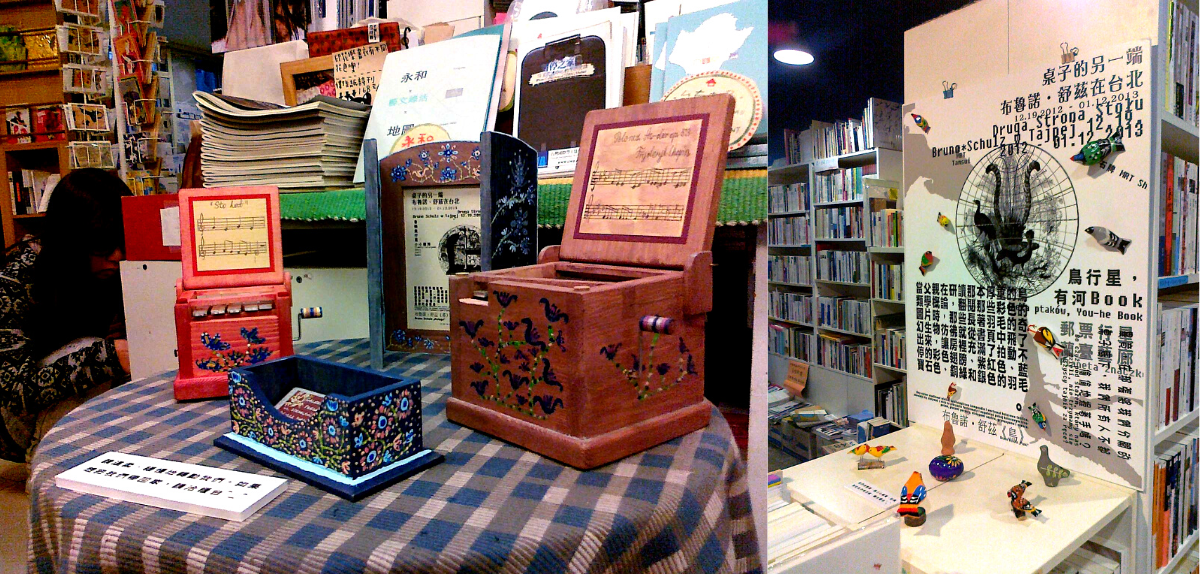
Through the exhibition, what I want to do is not just to bring Schulz to Taipei, but to combine Schulz and his works with the landscape of Taipei, and to have a dialogue with the cultural landscape of Taipei. In order for Schultz to have a dialogue with the cultural landscape of Taipei, and to allow his works to "tour in depth" in Taipei, instead of just being like foreign tourists who come and go, the 7 cooperative independent bookstores have also been carefully selected. The book period just coincides with Christmas. There are 12 dishes for Christmas in Poland, and it is customary to leave a set of empty dishes for unexpected guests. Our unexpected guest was Schultz, whom we invited for Christmas Eve dinner.
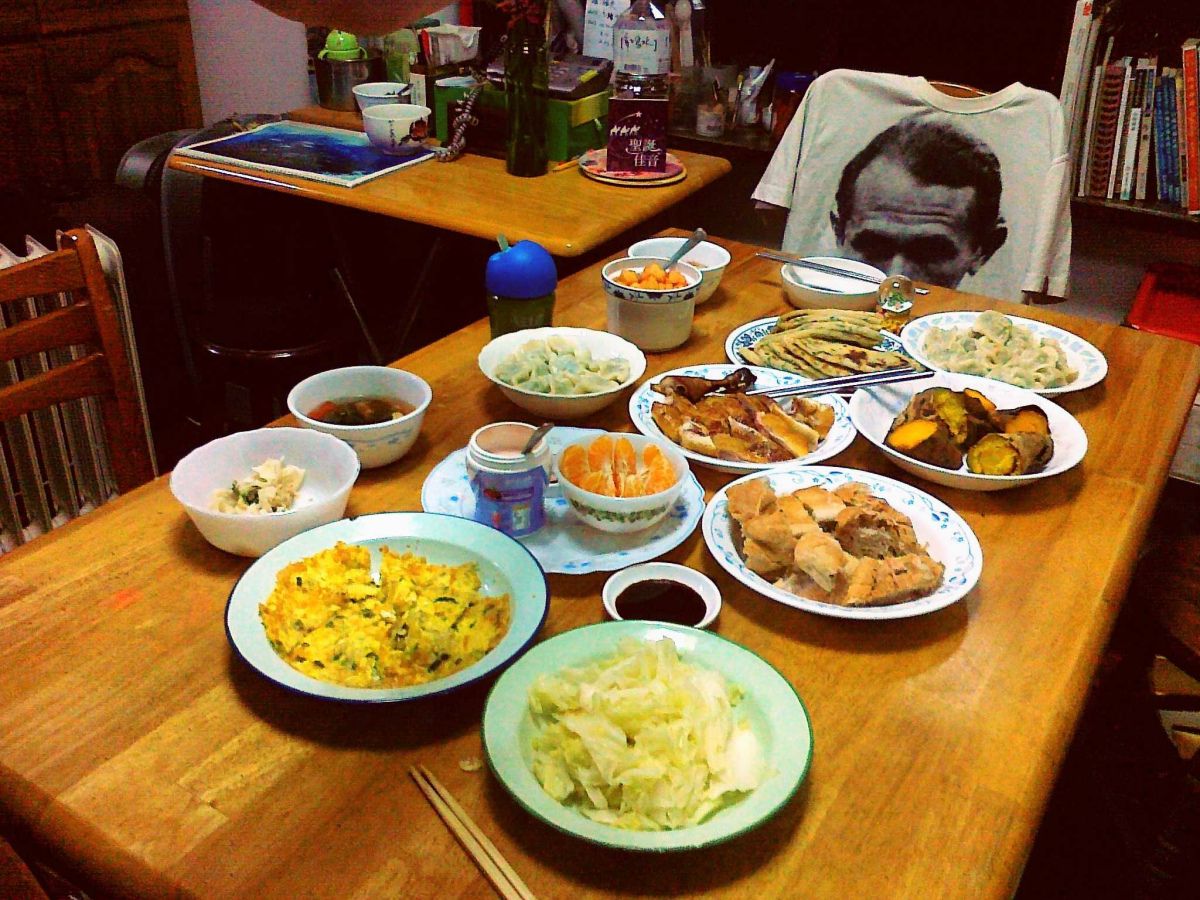
Why hold an art festival to promote a book? Why spend so much cost? Because, I believe that Polish literature deserves to be seen by Taiwanese readers, and it can have a good impact on the publishing market and culture. I believe that literature can be a bridge for Taiwanese and Poles to communicate and understand each other, after all, we both have a history of tragic oppression. In addition, I really hope that Schulz can sell well, because I also want to continue to make a living by translating Polish literature.
After doing so much publicity, everyone should really want to know if it has helped sales? As a pure literature with high literary purity, "Crocodile Street" sold well. It was Eslite's selection of books that year, and it became a bestseller in Hong Kong Eslite. It is also a long-selling book in Taiwan. In 2016, I asked the publisher three times. This book was later also sold Simplified copyright. As the first Polish literature to attract the attention of Taiwan's book market, "Crocodile Street" became a blockbuster. But if only one book is successful, it will only be a flash in the pan and will not become a phenomenon. To be a phenomenon, you need to keep publishing, and you need to keep generating discussions. Yes, the goal I set up at the beginning was not just to let the works of the writer Schulz be seen. My goal is to open up the market so that Polish literature and Polish culture can be seen.
➤ Some people and some things will make you feel that translation and promotion of literature are still meaningful
I am a translator. In addition to translation, I can also select books, review books, promote books, sell books, and find subsidies. I both promote books that I think are meaningful and valuable, but not very sellable. When I promote, I often don't seek big sales, but I want to maximize the commercial possibilities of each book. In addition, I also have to observe what books the market needs and what books Taiwan needs. Then I want to talk about how I promote Kozak in Taiwan.
Janusz. Kozak was a Jewish-Polish doctor, writer, and educator. My name is Henry. Henryk Goldszmit (Henryk Goldszmit, 1878-1942), also known as the "Old Doctor" or "Mr. Doctor", dedicated his life to children's human rights and education, and is known as the father of children's human rights in Poland. He has written many books and articles, including novels for children and books about educational philosophy for parents.
The first Kozak book that I decided to promote to Taiwan was the educational essay "How to Love Children". This book is actually the kind of book that everyone thinks is hard to sell and difficult to promote: first of all, because it is thick and has 520 pages. Furthermore, the topic in the book is very serious. It talks about children's human rights and challenges parents. It is not a traditional parenting book. But in March 2014, Taiwan's Legislative Yuan officially passed the "Implementation Law of the Convention on the Rights of the Child". Everyone wants to know what children's rights are, but there are few such books on the market. fill up.
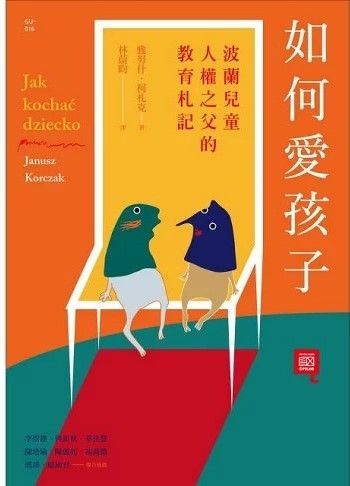
Since then, Kozak has attracted more and more attention in Taiwan. In 2019, the 30th anniversary of the publication of the Convention on the Rights of the Child, the Taiwan Youth Rights and Welfare Promotion Alliance and the New Taipei City Government invited experts and scholars to select the list of books on the Convention on the Rights of the Child. Ji" was also selected. In 2020, the Jingmei Human Rights Museum held a children's human rights exhibition, which also talked about Kozak.
Here, we must mention the standard-bearer of Taiwan's children's human rights, the goddess of children's literature, Lin Zhenmei. She once translated the children's book "The Kind King: The Father of Children's Rights-The Story of Kozak" about Kozak's life, and was a pioneer in promoting Kozak in Taiwan. Teacher Zhenmei also read "How to Love Children", and later recommended and guided his book on various occasions. Therefore, under the success of "How to Love Children", Kozak's "King Metty's Reign", "King Matty on the Uninhabited Island", "Bruka's Diary", "When I Was a Child Again", " The Diary of the Jewish Quarter was also published one after another. This actually makes me quite happy.
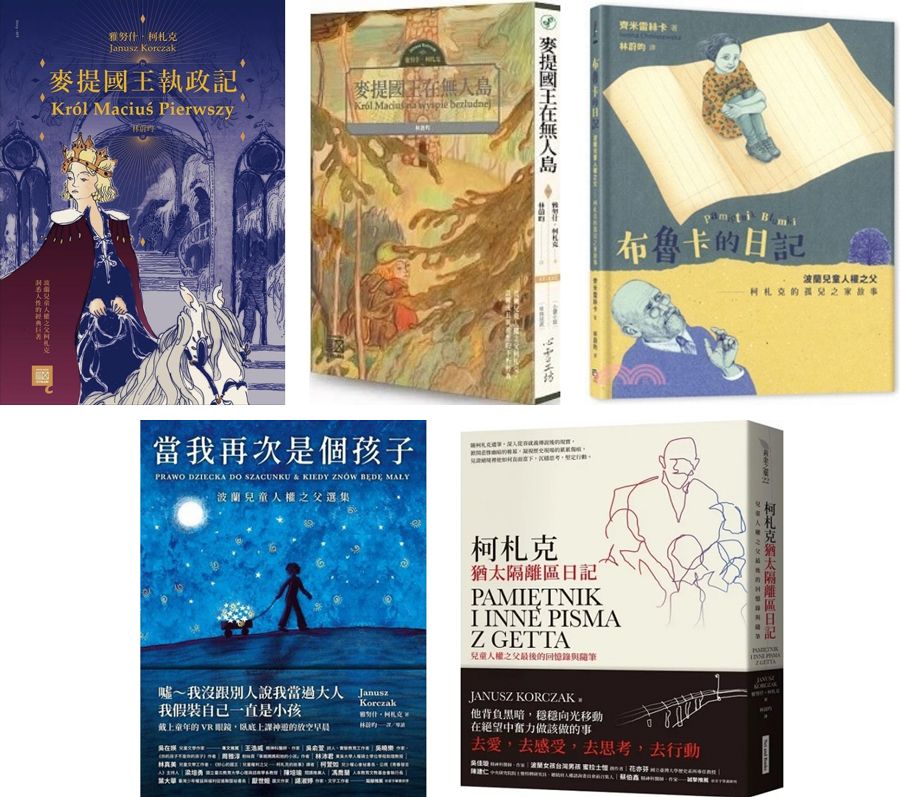
Ten years ago, Hao Mingyi, chairman of Dakuan Culture, told me that Polish literature did not sell well in Taiwan. However, now the bulk also wants to publish Polish literature. I am very grateful that he told me honestly about the state of the publishing market. Without him, I probably would not have promoted Schutz, would not have embarked on this 10-year journey to promote Polish literature. Of course, I also want to thank Boss Smyvik for saying: "Can Taiwanese people understand Schultz?" Today I can tell him that not only can he understand, but also resonate with him.
This world is not a work where Kozak defends the concept of children's human rights, and children will live carefree and happy. Promoting good literature does not mean that the world will become better. Literature is not so great. However, sometimes, there will be some people and some things that make you feel that literature is still meaningful, and translation and promotion are still meaningful.
➤Looking back on the past 10 years: Polish literature in Taiwan
In 2011, when I entered into Polish literature translation, there were only 10 Polish literature works in Taiwan, and there were no local Polish literature translators. In November 2022, according to the statistical manual of the Polish Book Association (the booklet can be picked up at the booth of the Polish Book Association at the Taipei International Book Fair in 2023), if including the Polish works to be published before and after the book fair in early 2023, there are about 80 books. In the past 12 years, Taiwan has published more than 70 Polish literature books, with an average of 5 to 6 books a year. Among the 80 books, there are about 30 children's books, and the others are classic literature, contemporary literature, and scripts.
Polish literature can gain a foothold in Taiwan because many people, including me, continue to explain to Taiwanese readers: What is Poland? What is Polish culture? What does Poland's history look like? Today, there are at least five local Polish translators in Taiwan: me, Ye Zhijun who translated the novel "The Witcher", Nian Xiaojing who translated "Szymborska on Writing", and "Underworld. Chen Yinhui of "Underwater World" and Zheng Kaiting of "The Collection of Weird Stories". In the past, we bought Chinese translations, and today they will also buy ours.
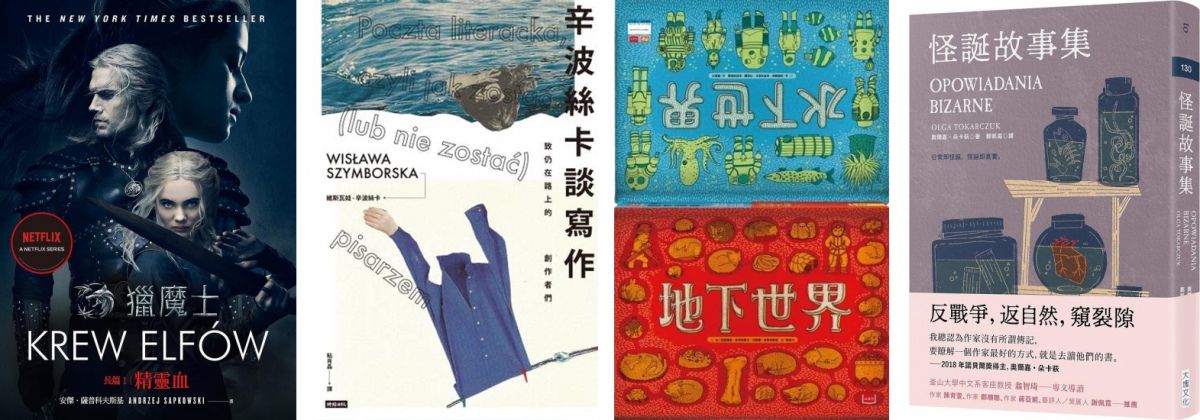
I think it is not easy for Polish literature in Taiwan to get to where it is today. Among the Eastern European literature in Taiwan's publishing market, Polish literature should be the most popular and dynamic. To continue to grow, someone needs to be in the business. Translators are very important, and only with translators can there be translation, but in fact, translators also need a market and a healthy and lively publishing ecology before they want to invest in literary translation. Otherwise, you can earn more money by working as an interpreter or working in a large company. Why do you do literary translation?
After more than 10 years of translation, I am also thinking: where am I going? Do I want to continue translating? Have I achieved the goal I set at the time: to build a bridge of cultural exchange between Poland and Taiwan? It seems that it is only half done...Taiwanese people have an understanding of Poland and Polish literature, but do Poles have the same interest and understanding of Taiwan and Taiwanese literature?
In Poland, there are still no books on Taiwanese literature and history. I found that when I wanted to introduce Taiwan to my Polish friends, knowledge was lacking. In order not to forget the original intention, I went to study the intersection of the history of Taiwan and Poland for nearly 400 years. The book I am writing is also on this topic. Four Hundred Years of Hate and Love"?)
In summary, promotion is not a one-person job. It is often said that the Taiwan market is small and Taiwanese do not read books, but I think Taiwan is a very good market. We have the ability to accommodate literature from various countries, best-selling literature, and unpopular literature. Taiwanese writers write very well, and Taiwanese readers are of high quality. Taiwan Publishing is excellent. Here, I would like to express my deepest gratitude and respect to the Taiwan publishing industry.
I hope to know more about Taiwan, and I also hope that one day I can introduce the history and literature of Taiwan to Poles and arouse their interest. I dedicated 10 years of my youth to Polish literature, now I should dedicate the rest of my life to Taiwan. ● ( The original text was first published on the official website of Openbook on 2023-02-01)
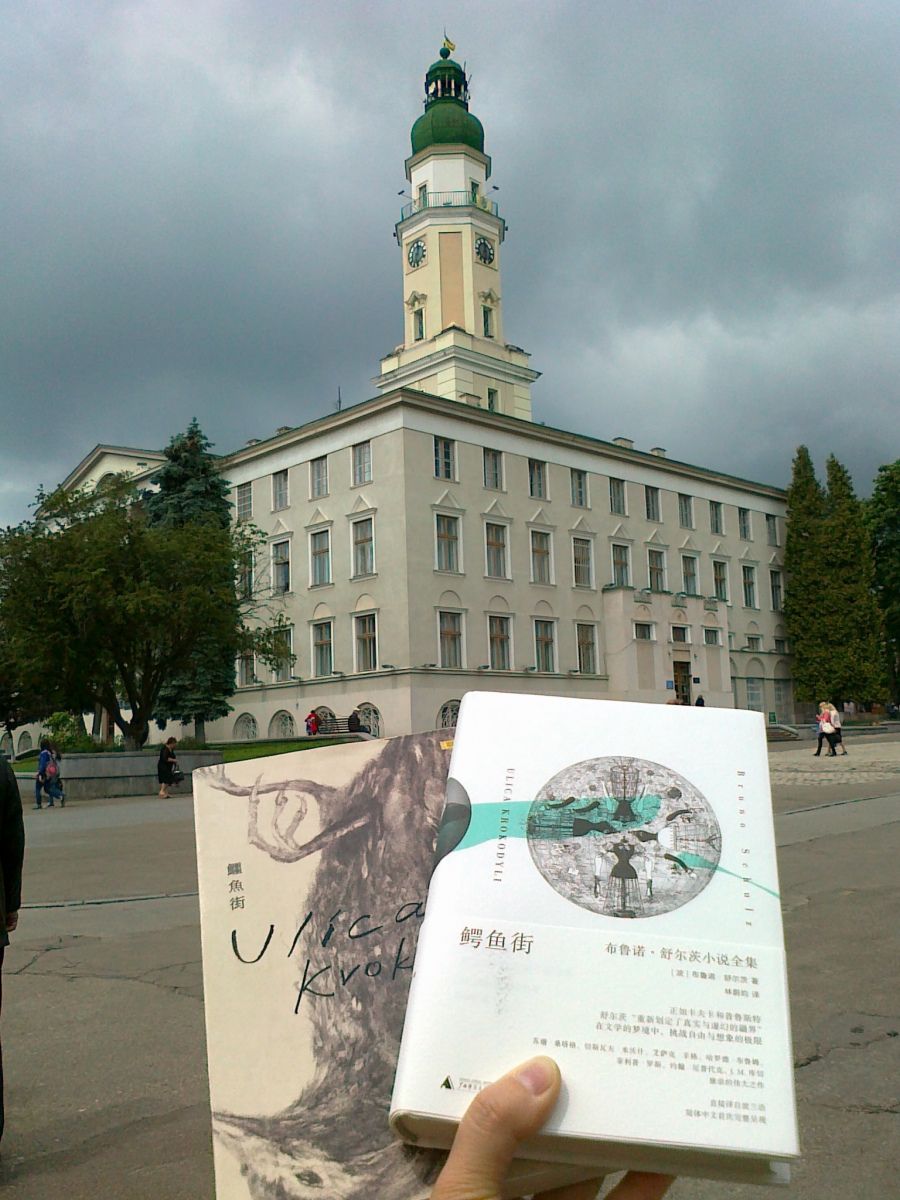
- 2023 Taipei International Book Fair Event|Beyond the Window, Beyond the Light: Understanding the Life Story of Kozak, the Father of Children's Human Rights in Poland
- Time: 2/3 (Friday), 18:00 - 19:00
- Location: Red Salon
- Speakers: Lin Weiyun (translator, writer), Liu Weiren (translator)
- Event Details: Zimu Culture Facebook
- 2023 Taipei International Book Fair|Szymborska and Her Era: "Szymborska: Commemorative Scraps, Friends and Dreams" New Book Release Sharing Session
- Time: 2/5 (Sun), 15:30 - 16:30
- Location: Red Salon
- Speaker: Lin Weiyun (translator, writer)
- Event Registration: Facebook Publishing Accupass
Like my work? Don't forget to support and clap, let me know that you are with me on the road of creation. Keep this enthusiasm together!







- Author
- More